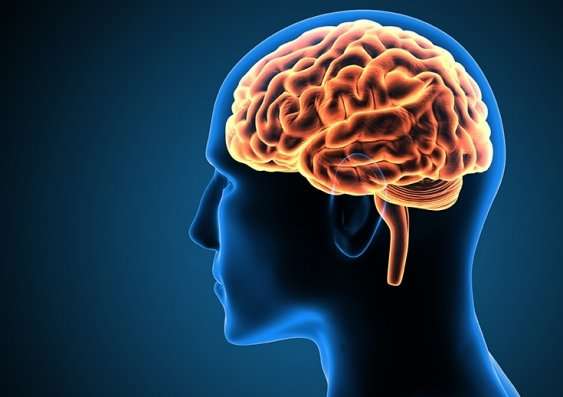Bullying Psychology 101

The cause of bullying can come from many different places, including the brain.
Human brains are scientifically the most complex organ in the body. Containing over 100 billion neurons, the functions of the brain are intricate and difficult to understand. A multitude of scientists attempt to understand the brain through the science of Psychology, the study of the human mind including its functions and how it reacts to different environments. One of the things that psychologists have studied over the years is the effects that bullying has on victims, the bullies themselves, and even the bystanders.
Students at Lake Ridge can learn about the depths of the human brain through taking Psychology classes. AP Psychology teacher, Christopher Allen, though it is not particularly his focus in Psychology can offer insight and understanding regarding the effects bullying on people. Being a victim of bullying, and other types of harassment can dramatically change someone’s life and even personality, taking away their self confidence and bringing stress and anxiety in harmful amounts.
“One thing they’re going to have is low self-esteem, which can affect the kinds of relationships they have with people by straining them, lowering their grades, as well as how they look upon themselves in the future. As far as jobs and being a parent are concerned, self-esteem is incredibly important for everything in life. It could lead to depression, suicidal thoughts, or to them lashing out at other people and becoming a bully themselves,” stated Allen.
Junior, Isabel Martinez, recently opened up about her experiences with being bullied during middle school. Martinez recalled a story in which she was called a name by a student, because she was receiving help from her teacher. Despite the traumatic incident, Martinez turned that experience into a positive one realizing she had been given a gift, one that helped her exceed in many things such as the arts. However after being bullied for it in the sixth grade, it made her feel self conscious academically.
“It made me work harder and made me feel inspired by it because I know that kids still look at me weird because I still get help to this day. You’re lucky that you can just get it like that. At least I have the gift of art. I started working harder and I started showing off my artwork. You have to think outside of the box, which you should be proud of. Albert Einstein was dyslexic. He’s my role model. I’m just saying if he’s a mathematician and has dyslexia, you can do anything,” stated Martinez.
Allen believes most people misunderstand bullies for being mean just for the fun of it. According to Allen, sometimes what makes a bully is the product of something larger.
“Research shows that what leads to bullying people is low self-esteem and people who have been bullied themselves. And ironically, being bullied yourself creates low self-esteem. So you have this perfect storm of someone who’s been bullied by dad or their big brother or whomever. And now they’re lashing out at someone because they’ve suffered low self-esteem in order to make them feel better about themselves. That’s the purpose of what they do, they think because I have low self-esteem from being bullied by them, I bully you.” stated Allen.
At Lake Ridge, like at most high schools, gossip spreads fast. Sophomore, Daphanie Ho, tries to stay out of it mostly, and thinks that students need to be more cognizant of what they are saying.
“I know how bad talk can affect someone so I don’t want to look bad and be mean about anything. I think people should practice being able to catch bullying when it happens and try to be more self aware in what they’re saying.” stated Ho.
The way people speak can have an immense impact on other peoples lives. When learning about bullying, it’s important to realize the immense cognitive effects even light teasing can have on a person. Feeling empathy will sometimes present an opportunity to realize their mistakes and offer a hand to those who had the misfortune of getting harassed. Speaking up is also very important. Witnessing bullying and neglecting the situation can also cause guilt for the bystander. There’s a psychological term, called the bystander effect, where the more people who witness a traumatic event, the less likely people are to say something. This makes the point important that there’s no guaranty someone already said something and that more people need to speak up if they witness a bad situation.
Through Psychology, we can understand the full effects of bullying on a person. Even the slightest teasing can ruin someone’s confidence and potentially hurt them long term. We’re all a mess of our own 100 billion neurons, so before judging others, it’s important to first understand ourselves and refrain from lashing out at the expense of someone else.
